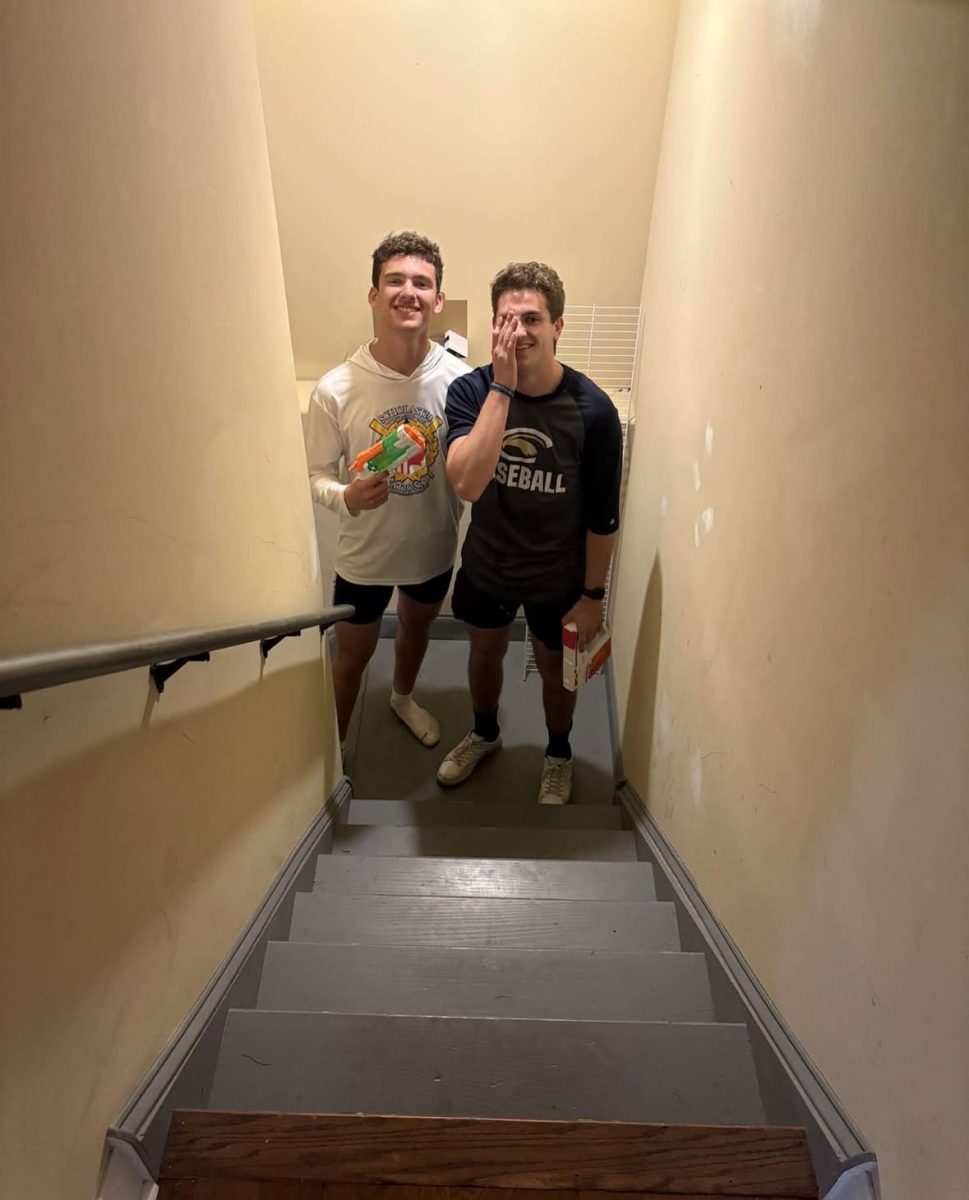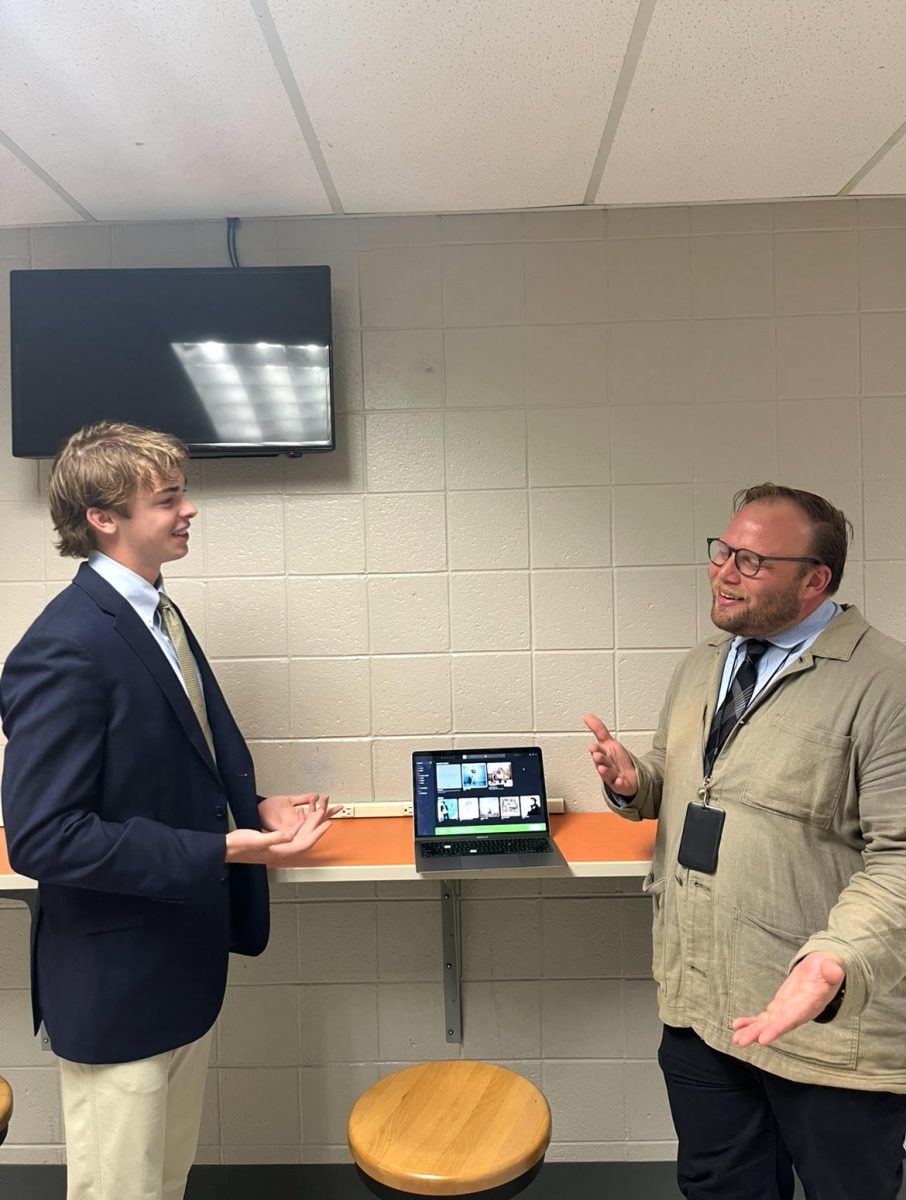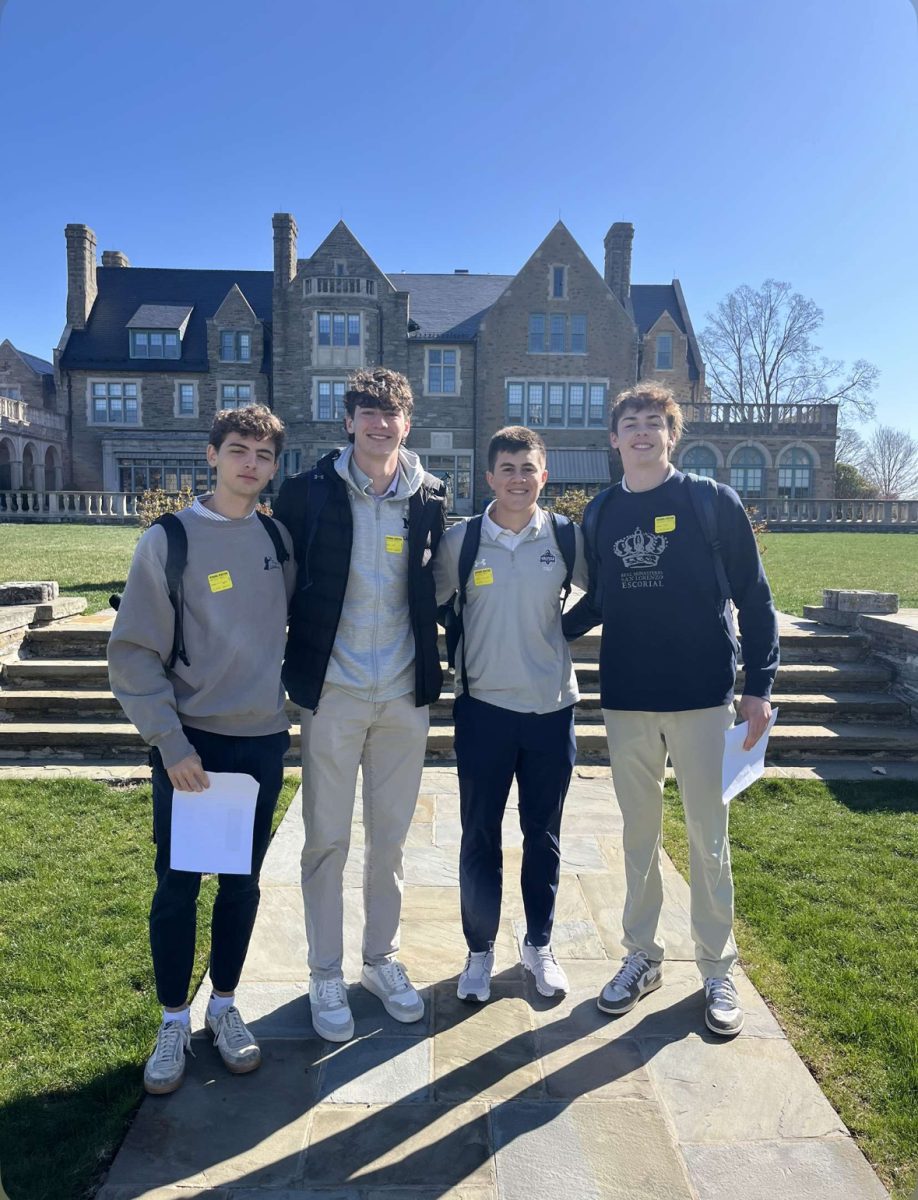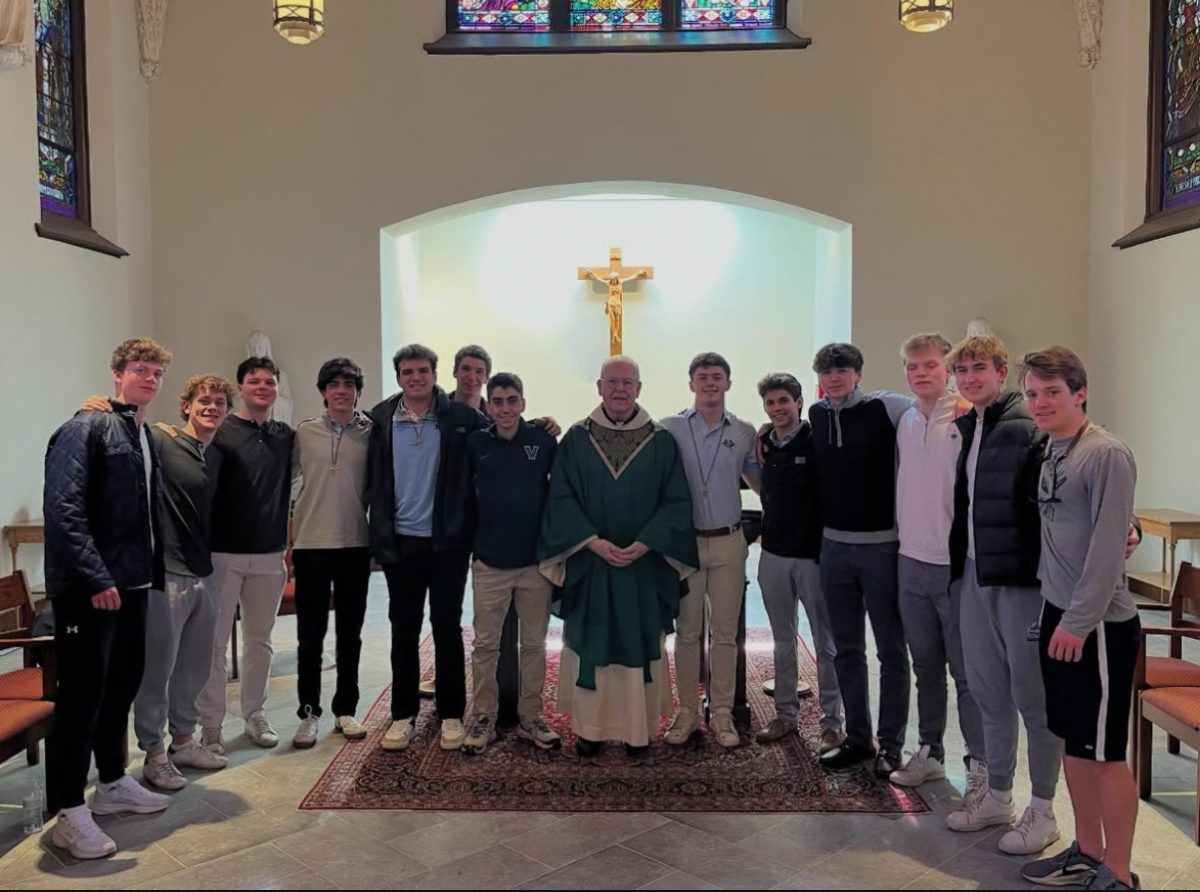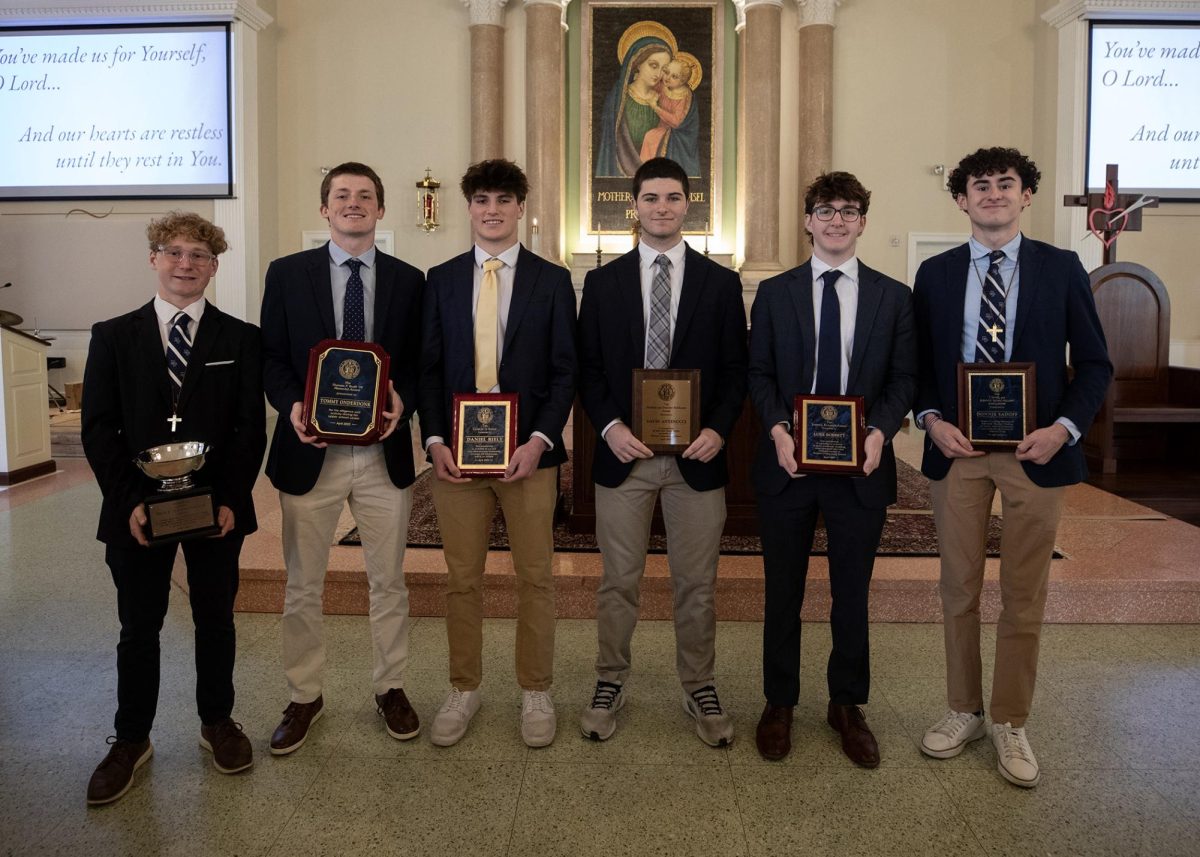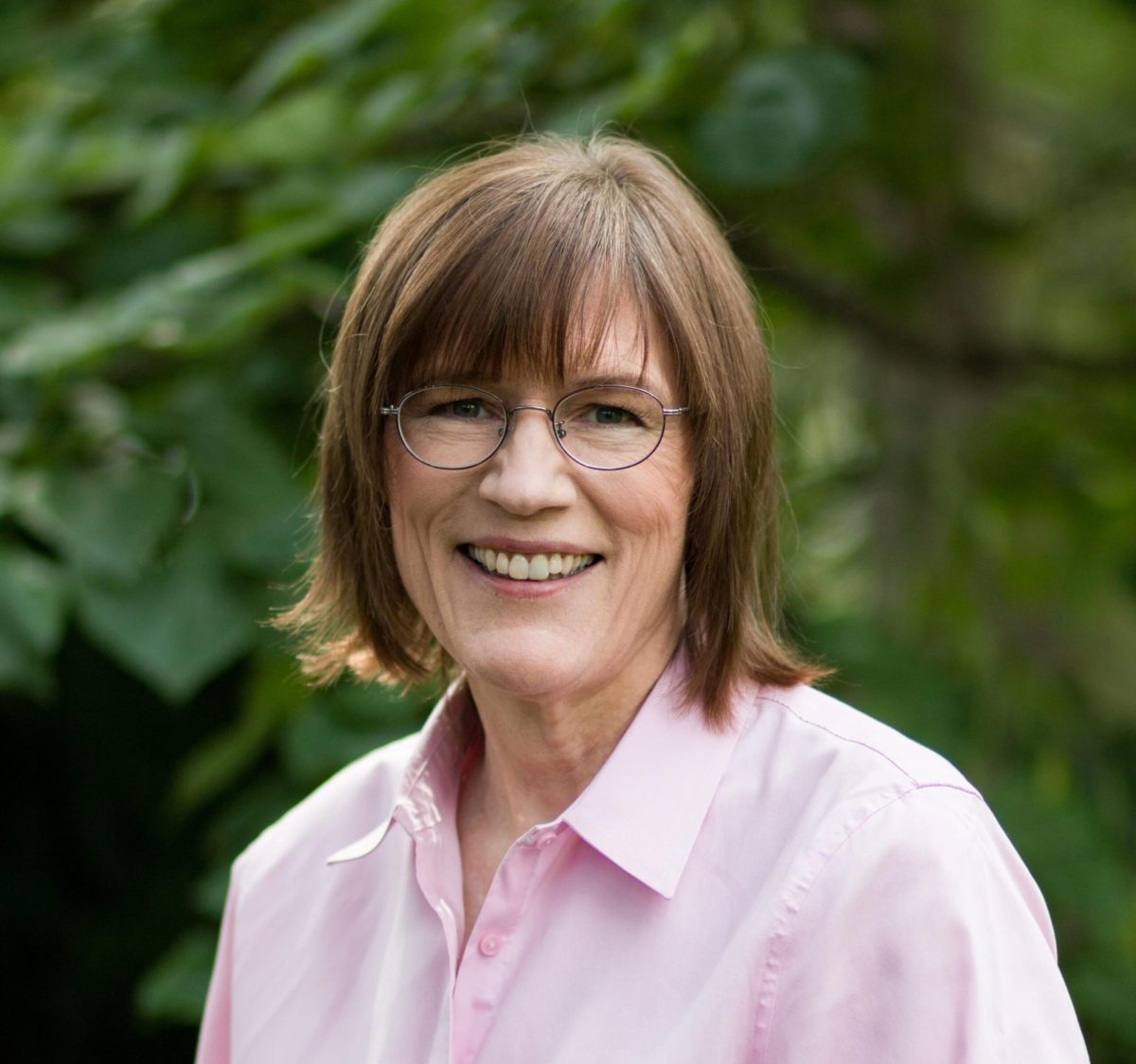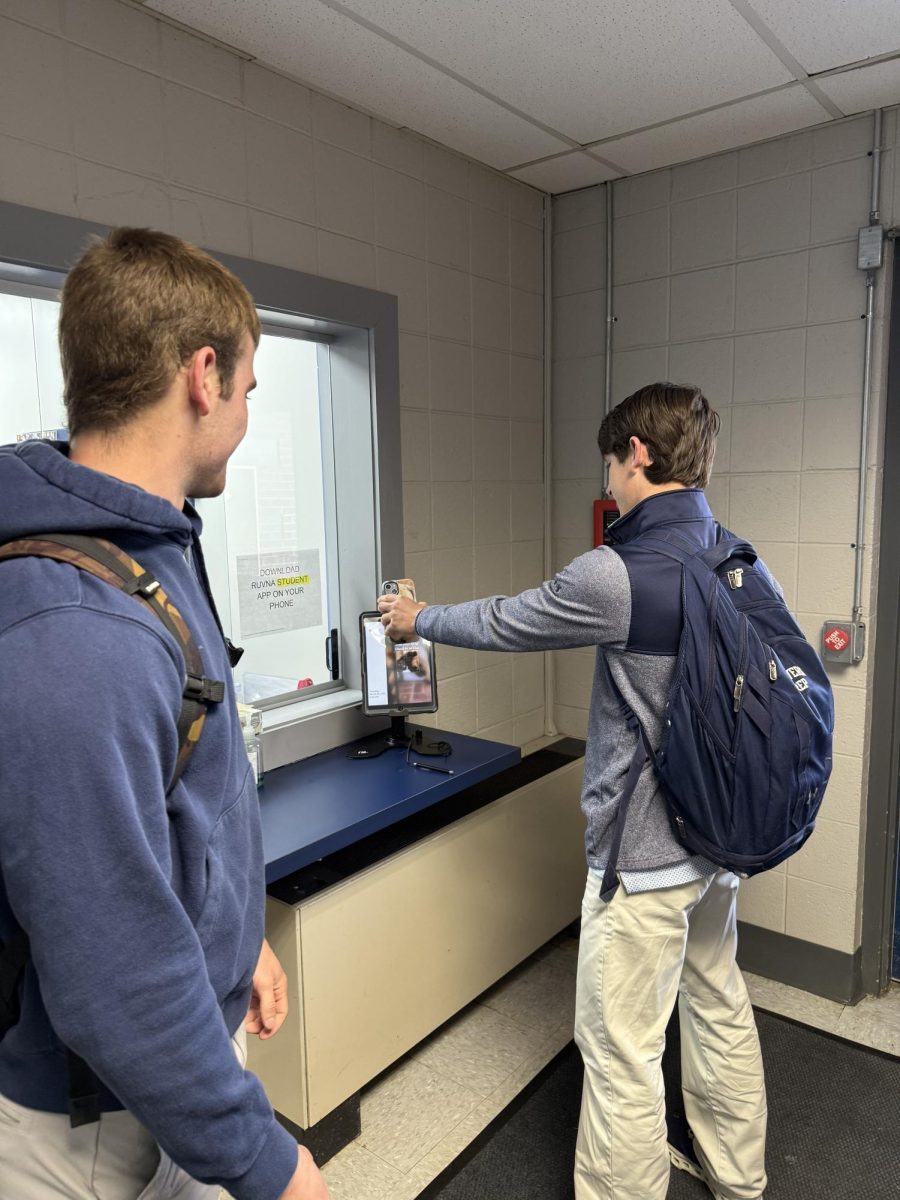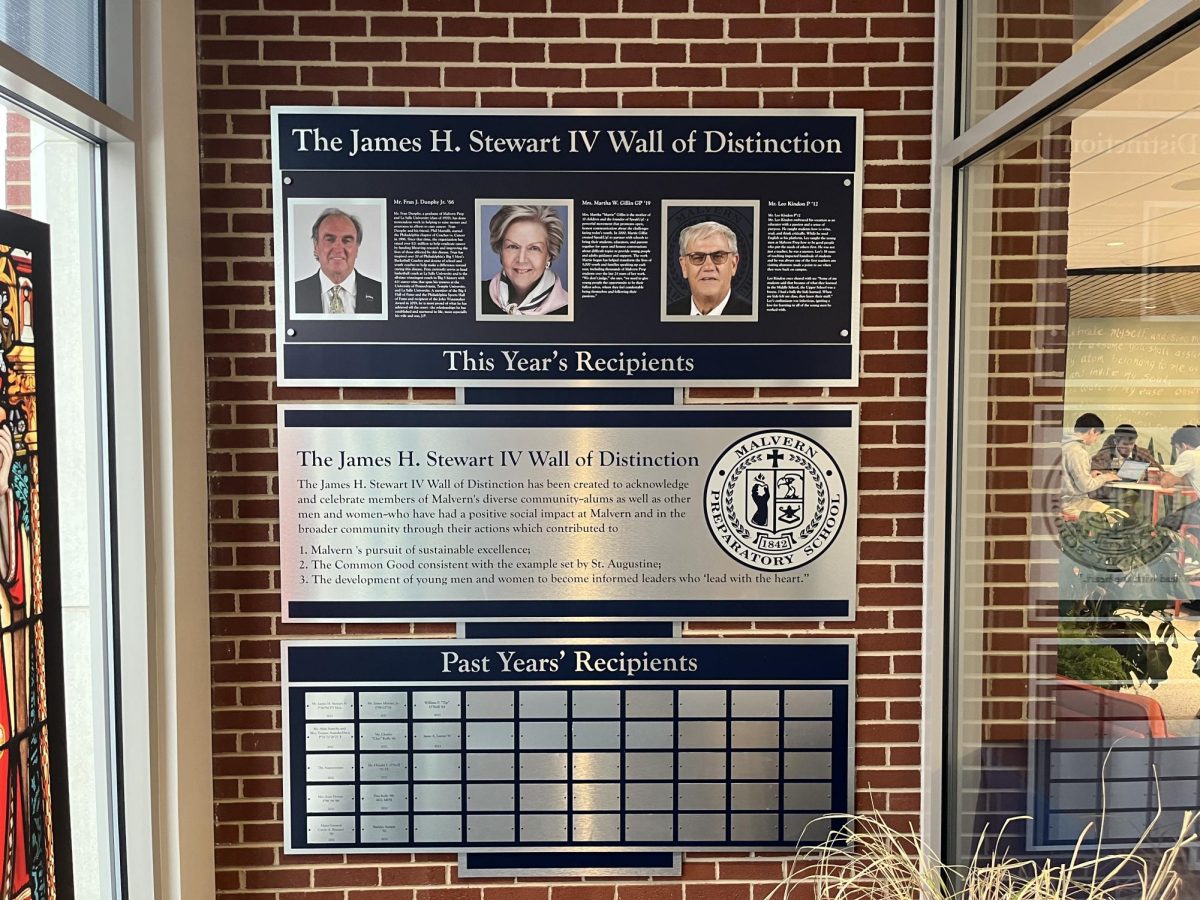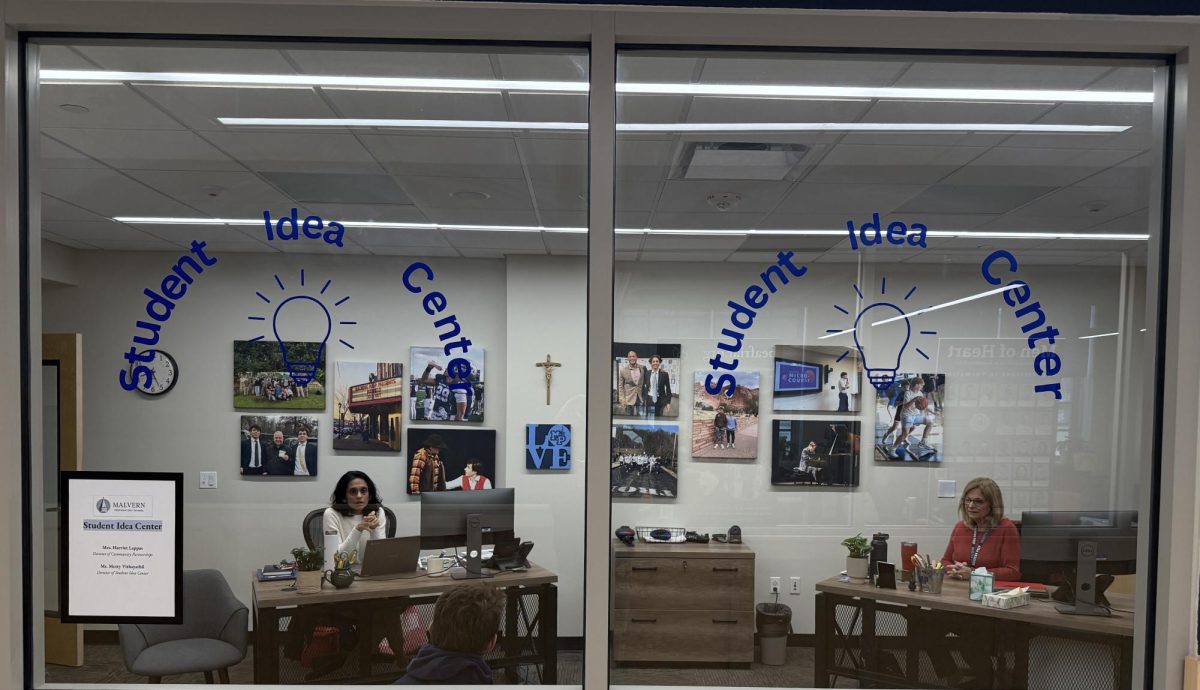 Spanish teachers in history classes? Science teachers in english classes? The radically different approach to learning that is the Sixth Grade Academy.
Spanish teachers in history classes? Science teachers in english classes? The radically different approach to learning that is the Sixth Grade Academy.
Joe Lister ‘21, Justice Bennett ‘16
At about 2:55 PM every Friday, the 6th grade class and their teachers trickle into Our Mother of Good Counsel Chapel for a discussion.
During the first semester, the teachers led discussions about elements of brotherhood that they saw during the week. Now the students have taken over, signing up for the week that they want to present with a partner, talking about things that make someone a better Malvern brother. The meeting always leaves the students with something to reflect on for the weekend. Student topics range from God’s plan for us, to students presenting on the March for Life.
However, the Sixth Grade Academy (SGA) is focused on far more than brotherhood. This new approach to education represents the installation of a whole new learning program at Malvern, which is almost entirely interdisciplinary.
In the SGA, teachers often co-teach and teach their subject with an overall theme. It is not uncommon for Spanish teachers to be in an English class, or math teachers to be in a history class. Teamwork is a key idea for both the students and the teachers.
How does this theme concept work? The first theme for the sixth grade academy is immigration. The final project is to tell the story of an immigrant. Many of them come from countries like Mexico, or further places like Romania. Most of the immigrants are friends or family of Malvern teachers and students. In Spanish class, students tell the story of the immigrants in Spanish. In English class, they learn about journalism and interviewing skills so that they can write the best story about their immigrant. In History, the sixth graders learn about Ellis Island and took a trip there to learn about immigration. In Math, they make charts of immigration statistics.
Teachers told sixth graders the goal is to have a published book with the stories from all the immigrants by the end of the year. According to SGA teacher Mr. Robert Buscaglia, this book will later be sold on Amazon. Students may go to local libraries and talk about their book.
SGA teachers try to develop four key skills in the students: collaboration, communication, responsibility, and critical thinking.
According to Head of School Mr. Talbot, the concept for SGA came to Malvern because of year-long conversations amongst the members of the first Strategic Insight Council, a committee of the Board of Trustees, which included Mr. Christian Talbot, Mr. Patrick Sillup, and Mrs. Carrie Snyder.
The SGA team visited Gary and Jerri-Ann Jacobs High Tech High Charter School in San Diego that has already implemented the philosophy. “It was a really pivotal moment for [the sixth grade academy team],” said Buscaglia.
According to SGA teacher Mr. Chris DeVido, it is a common misconception among upper school students to think of the SGA as a product instead of a philosophy.
“It’s a philosophy based on how we can make our students better learners,” said DeVido. “A lot of time in school is content driven, but our [program] is not content driven at all. We’re trying to be able to get our kids to do things as opposed to just memorizing.”
“Our kids are always applying. They’re always doing things outside of the classroom,” said DeVido.
Lots of training and cohesion is needed on the part of the teachers for this to work. According to Buscaglia, the SGA teachers log around five hours of team meetings each week.
“It challenges you to be better [as a teacher],” said DeVito. “Working in this team forces my accountability, forces me to get better, forces me to try new things.”
Beginning in November 2014, the SGA teachers came together as a team and started to meet and plan, according to Wasson. Head of the Middle School Mr. Patrick Sillup presented questions and challenges for the teachers to pursue. Wasson noted that these meetings as well as shared professional development grew the SGA teachers to be a team.
“Education is very ‘what am I doing’, but for us it’s ‘what are we doing’,” said DeVito.
“To me, it is taking a different approach, a more student-centered approach with the students this year, and also teaming as a teaching unit,” said SGA teacher James Wasson. “Our focus is on student-centered learning, and on giving constant personal feedback to the students on different things that we’re doing.”
Both classroom time and community time are devoted to offering personal feedback to students individually and in small groups, according to Wasson. “With the six teachers we have, we split the kids up into groups of 15, and we will meet with our group of students one-on-one to talk about their core skills that we’re developing, and where they are in regards to that,” said Wasson.
“You really have to prepare yourself in a completely different way, but it’s completely invigorating,” added Wasson.
According to DeVido, the next theme will be sustainability. Students will be building greenhouses, and growing vegetables to then make a spanish cooking show as a final project. In English, students will learn about the sustainability of print newspaper and magazines in the digital age.
The academy model is headed towards the upper school. Dean of Curriculum Mr. Kevin Whitney confirms that there will be a 7th grade academy next year. “We’ve done a lot of reflection, and that’s going to affect the 7th grade approach,” he said. “Conversely, we’ll do the same thing for the 8th grade academy and beyond.”
“I think a key distinction is that the curriculum and programs may not look the same in each grade level,” said Whitney. “We are certainly, as a school, looking to create what we are calling a radically student-centered learning environment in the upper school.”
“But that [learning environment] may look completely different than it does in the middle school,” noted Whitney.
The Sixth Grade Academy is definitely a base for a Seventh Grade academy, according to Sillup. But as for the Eighth Grade, “We are still trying to define it,” said Sillup.
Wasson said that his first year with the SGA “has been the most amazing and the hardest year of teaching.” He has been teaching at Malvern for over 20 years.



